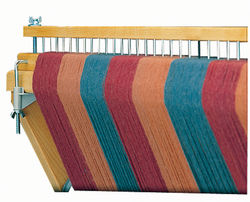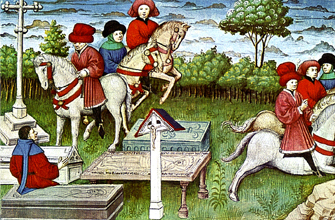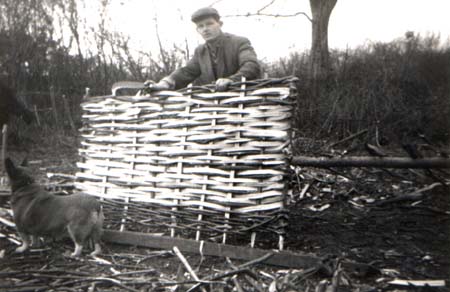Alpenglow: Originally,
alpenglow described a pink, rose color seen on snow-covered
Alpen peaks at sunset or sunrise. However, now it call be used to describe any pinkish lighting seen in the mountains. The phenomenon is related to the red sunsets and sunrises seen at the beach, but
alpenglow is only applied to mountains.
Burnished: Strictly speaking burnished means polished, especially in reference to metallic surfaces. Metaphorically it can imply a bright, shiny surface. In the example
metallic light and
burnish refer to the same effect.
Gloaming: Gloaming is an old English word for
twilight or dusk - the time between sunset and darkness. Gloaming pleasantly shares its etymology with glow.
Only the desk's lamp was on when he entered the office, and Pemberton's eyes took a moment to adjust to the gloaming.
At first there was only gloaming. As her eyes adjusted, Rachel saw a mattress made of corn shucks ...
A Book for Today: Serena by Ron RashAfter a few moments, when the alpenglow had faded, they would turn again and gaze at the lake and admire in silence the smooth surface of the water shimmering in the metallic light reflected of the burnished clouds. And then at last they would notice Vanessa Cole standing alone...
Red Ralston's suggestion that [Jordon Groves] ought to paint the early sunset, catch the alpenglow here at the Second Lake, went nowhere, and Ralston slipped off to the porch to smoke a cigar in the gloaming.
Quotations from:


















